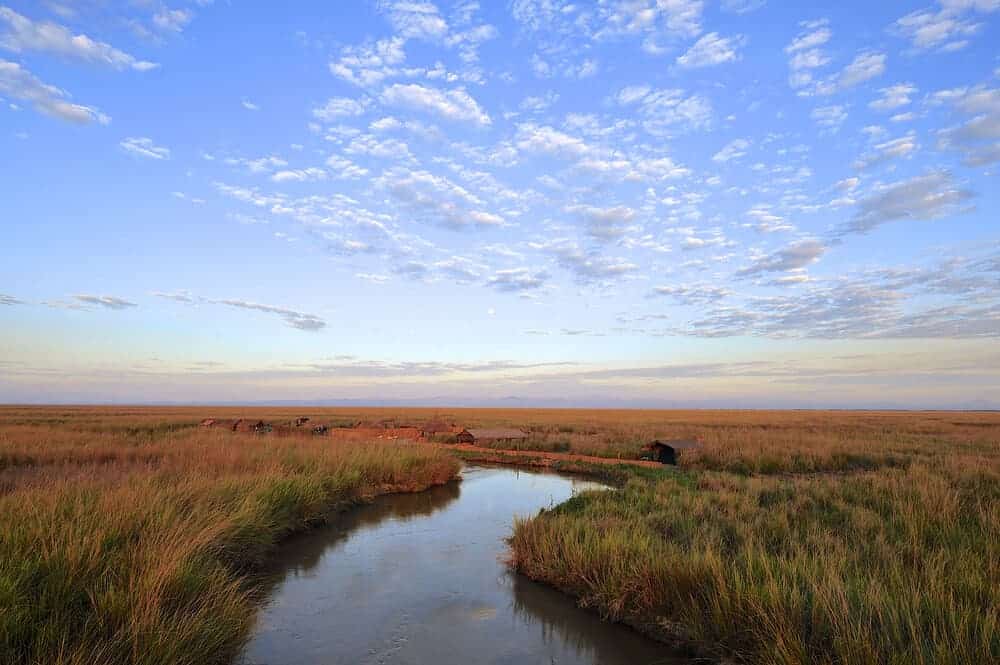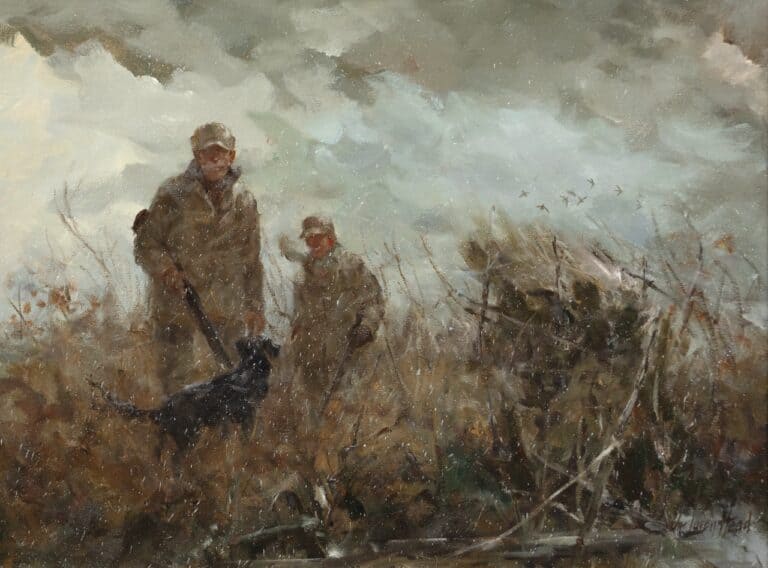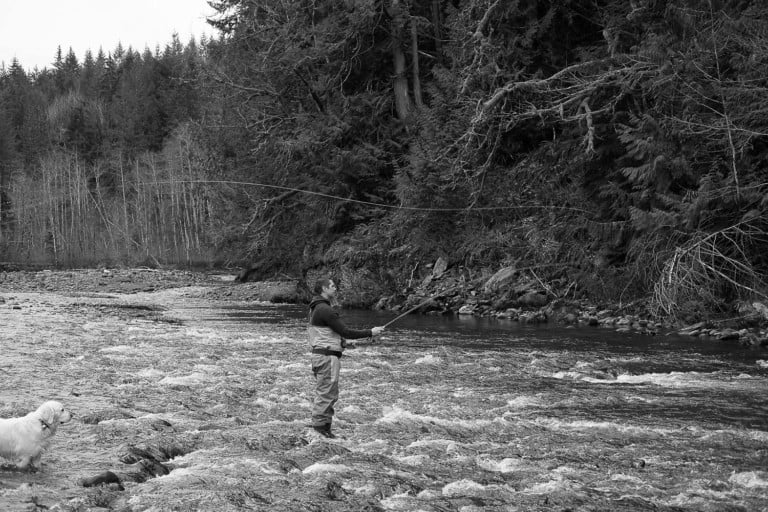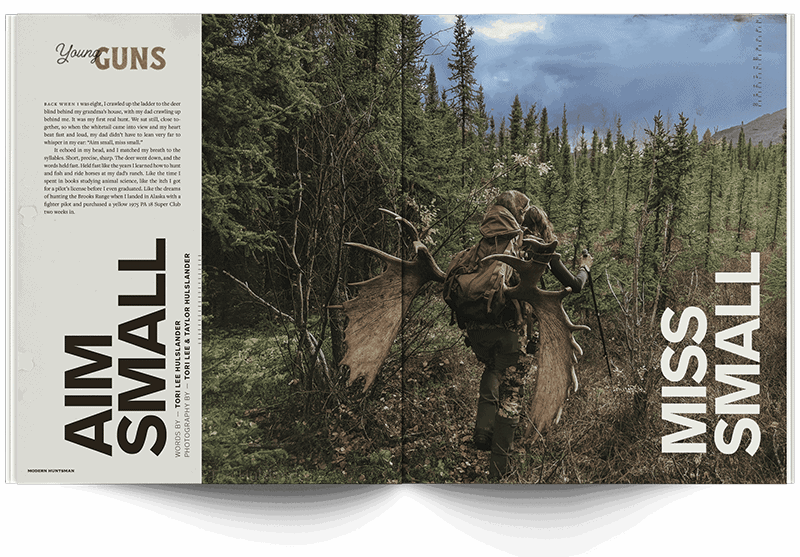A VERSION OF THIS ARTICLE FIRST APPEARED IN THE SUMMER 2019 ISSUE OF FAIR CHASE
I have grown up in the community of wild-lovers my whole life. I had blood, gorgeously, on my hands and a I have grown up in the community of wild-lovers my whole life. I had blood, gorgeously, on my hands and a wide sky above me before I could ever understand what these things were meaning to me. In every way that I can remember, it seems like I was born with the feelings that wildness brought. So as I’ve aged, I’ve chased it. My dream is always to drench in it — that is, to maximize the larger-than-self sense of honorary blending into the essential forces of unstoppable, complicated life. Hunting. It is humble and grandiose at the same time, and it is natural.
When I was a teenager, I chased this to Tanzania where I worked as an apprentice in man-abandoned landscapes that demanded huge acceptance, to the extent that trackers and guides and a white boy alike would lose themselves, happily, in the seas of wild grass and curling forests. The only control we even pretended to have was over our own survival — a truck, our supplies, a little tent camp at the end of a long, handmade road. That was vulnerable, by the standards of man, and it felt wonderful.
We who hunt, in any self-reliant capacity, know this different sensation. And it’s true that much of this ritual lifeway depends on the killing, taking of something sacred — animal soul. Whether an animal is taken or not, the intention to bare ourselves to the possibility and explore something as timeless as death genuinely fascinates us. And the lessons learned along the way, following that voluntary path, invigorate us slowly with what can...




